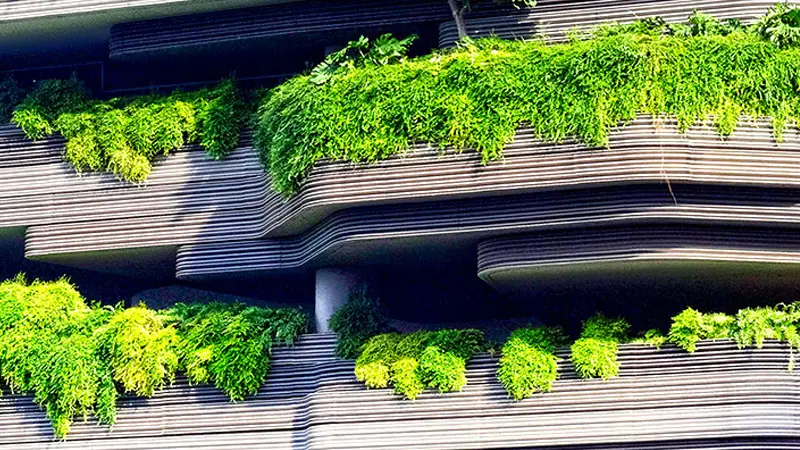All students are required to bring their own notebooks for lessons. You may refer to the required technical specifications for notebook HERE.
Lighting design can transform the ambience, purpose and mood of a space or setting. Good lighting is a key consideration when designing residential units, office spaces, hospitals, schools or restaurants. By understanding the science and effects of lighting, spatial designers can take a deeper and more informed approach to incorporate lighting design within their scope of work.
This 12-month work-study programme is targeted primarily at local fresh Polytechnic graduates from relevant full-time design-related courses of study. In this course, you will be equipped with in-depth knowledge and skills to design environments with light. You will learn the functional roles and techniques of light, its psychological and physiological effects, as well as how to optimise light consumption in different environments.
What’s more, you can have the best of both worlds! Get hired as designers and still head back to school to enhance your skills in this vital area. Join us to illuminate your career journey in the growing Interior and Architectural Design industry.
Post-Diploma Certificate in Lighting Design Technology
This PDC provides students with a comprehensive understanding of the historical evolution and fundamental principles of light, introduces a range of lighting technologies for diverse environments, and equips them with skills for visualising and analysis of light. The PDC ensures students are well-prepared to navigate the intricate world of lighting design and technology by combining theoretical knowledge with practical applications.
Post-Diploma Certificate in Lighting Design Strategies
This PDC ensures a comprehensive understanding of how individuals interact with light, incorporating psychological considerations for human well-being and productivity. It also imparts knowledge on sustainable lighting strategies, emphasising eco-friendly practices in designs. Students will engage in hands-on exercises to translate theoretical concepts into tangible and effective lighting designs for real-world scenarios.
Modes of Assessment
The assessment is 100% course work with a combination of studio work, seminars, project site studies and portfolio reviews.
For more information on course fee / schedule,
Career Opportunities
At the entry level, the job positions for the interior design and exhibition design industry may include Junior Designer1 and Designer1.
Upon completing the course, graduates can look forward to the following roles as Designer1, Senior Designer1 and Design Manager1.
Graduates may also look forward to wage increments and role expansion in their workplace, subject to their work performance.
1Job titles may vary across companies
Entry Requirements
Eligibility Criteria
Minimum Entry Requirements for Work-Study Programmes
Work-Study Post-Diplomas
Graduates from the list of feeder Polytechnic Diplomas, ITE Technical Diplomas / Work-Study Diplomas in relevant discipline or equivalent
Work-Study Programme Incentives Eligibility
Work-Study Programmes sign-on incentives are extended to eligible Singaporeans who are:
- within three years of graduation from the Polytechnics/ITE or the Operational Ready Date (ORD) for full-time National Servicemen
This eligibility is subject to prevailing criteria.
Feeder Programmes |
Diploma in
Other relevant Design-related Disciplines |
Course Contact
- 67881212
-
Monday - Thursday: 8:30am - 6:00pm
Friday: 8:30am - 5:30pm
Closed during lunchtime, 12:00pm - 1:00pm
and on weekends and public holidays. - Website: https://www.tp.edu.sg/wsp
-
Temasek SkillsFuture Academy (TSA)
Temasek Polytechnic
East Wing, Block 1A, Level 3, Unit 109
21 Tampines Ave 1
Singapore 529757
Temasek Polytechnic reserves the right to alter the course, modify the scale of fee, amend any other information or cancel a course with low enrolment.













